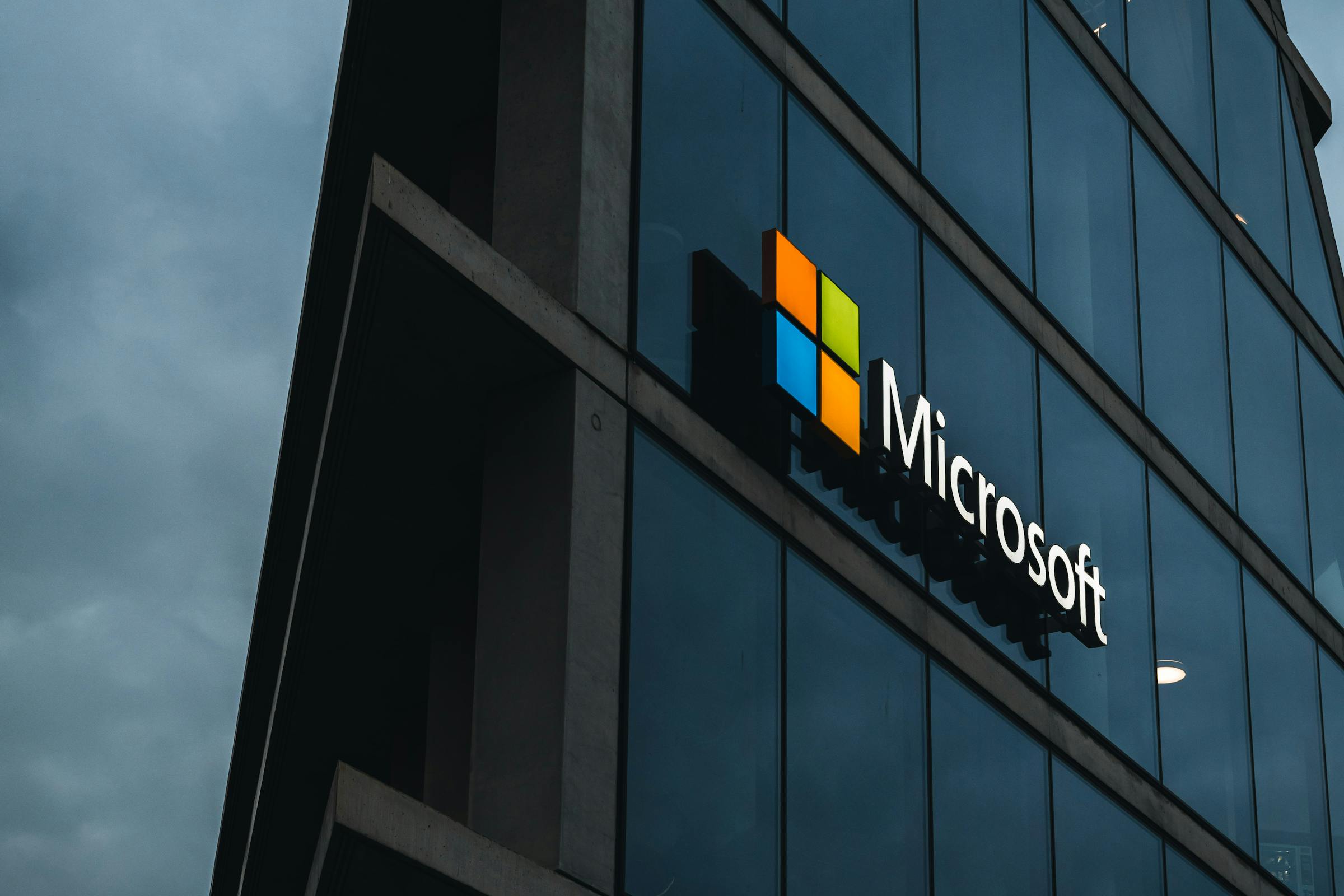Microsoft CEO Satya Nadella remains unshaken by the recent surge in attention surrounding Chinese AI startup DeepSeek, asserting that the AI landscape is following a familiar trajectory of technological evolution and cost efficiency. Speaking during Microsoft’s quarterly earnings call on Wednesday, Nadella dismissed concerns that DeepSeek’s low-cost AI model posed a significant threat to U.S. tech giants, framing the development as part of AI’s natural scaling process.
DeepSeek made headlines earlier in the week after its AI model, widely perceived as competitive with offerings from OpenAI and Meta, triggered a selloff in U.S. tech stocks. The startup’s claims of achieving comparable AI capabilities at a fraction of the cost spurred fresh debates over America’s technological leadership in AI.
Acknowledging DeepSeek’s innovations, Nadella likened the shift in AI computing costs to the transition from on-premise servers to cloud computing. He noted that as token and inference computing prices fall, AI adoption will expand, fostering more applications and wider integration across industries. He suggested that, rather than posing a competitive threat, such advancements would accelerate the overall adoption of AI and benefit major cloud providers like Microsoft.
The rapid progress in AI model efficiency also impressed Nadella, particularly the ability to run sophisticated models on consumer PCs—something that, just a year ago, required extensive cloud infrastructure. He views this as a sign that AI will soon be embedded into everyday computing, further entrenching Microsoft’s role as both a hyperscale cloud provider and a dominant PC platform leader.
With AI becoming increasingly ubiquitous, Microsoft appears well-positioned to capitalise on the next phase of technological evolution. For Nadella, the rise of companies like DeepSeek is less a disruption and more a validation of AI’s growing accessibility and its inevitable role in shaping the future of computing.


